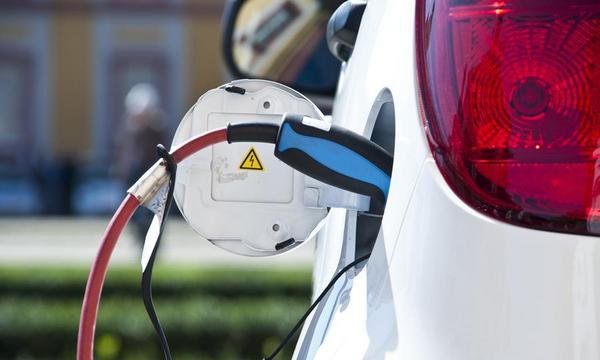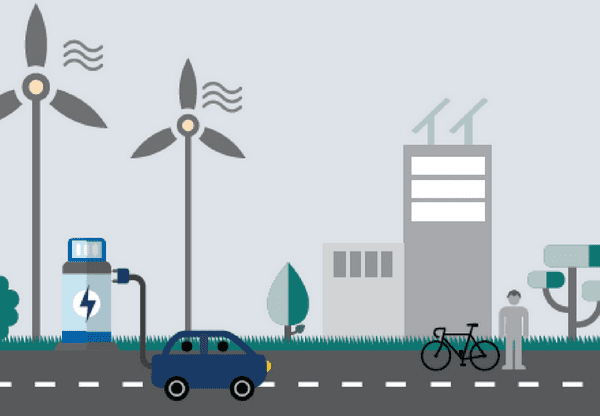Popular News
YOU MIGHT BE INTERESTED IN
India Signs USD 1.4 Billion Electric Vehicle Incentive Scheme
by Jatin Chhibber |
17/05/2019
The Indian government had set an aim in 2017 for all new vehicles to have electric powertrains by 2030, but analysts said the high cost of batteries and a lack of charging points have been major barriers.







 Follow us on google news
Follow us on google news
